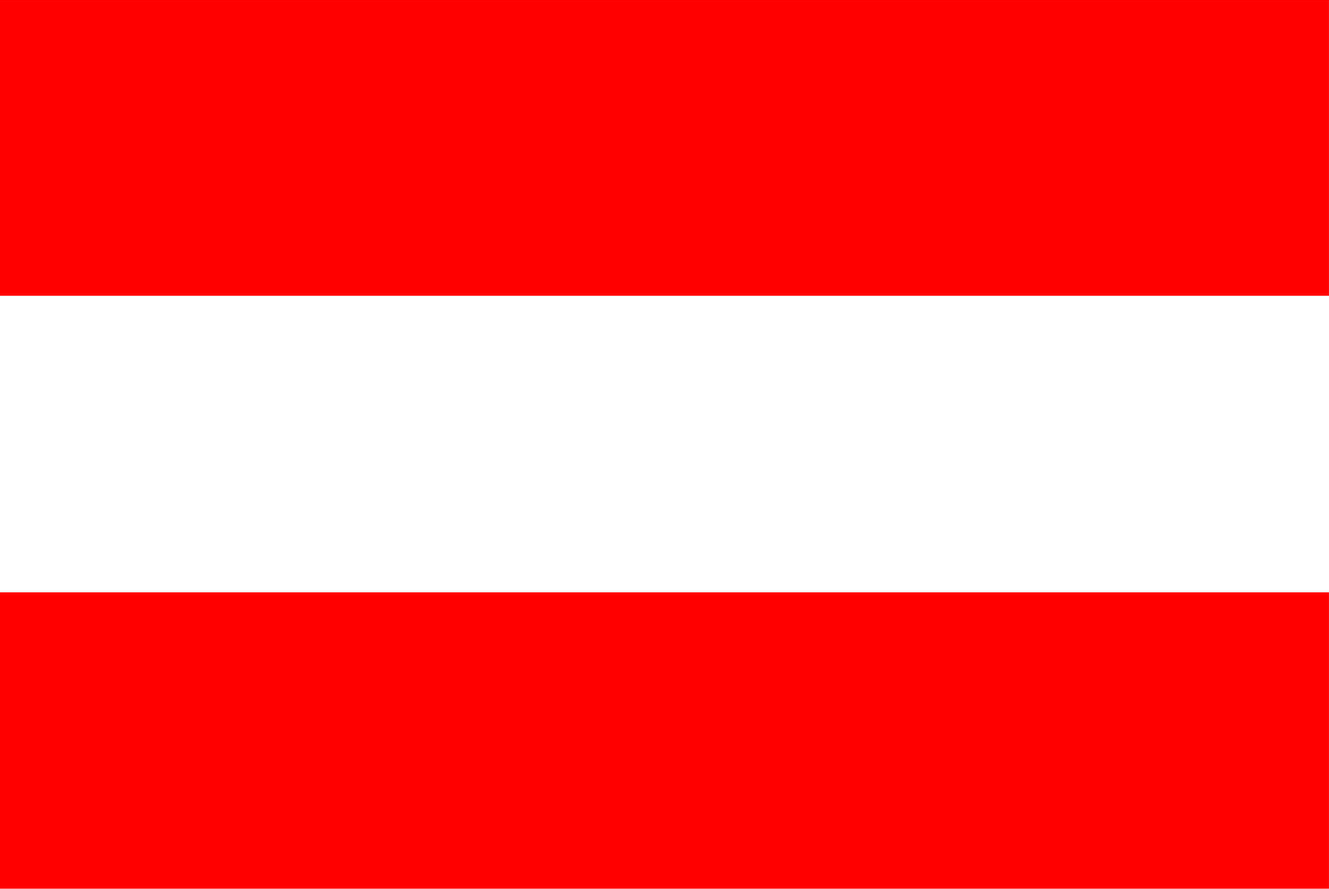
Vienna also ranks as the fifth most affluent city in Europe. With a GDP per capita of $66,000, it is home to some of the biggest companies and brands in the EU. A lot of international businesses and companies see Vienna as a prime location because of its geographical dominance. Its strategic location connects the eastern and western parts of Europe.
The Austrian economy is super strong and able to withstand the harshest of recessions. With a high GDP, quality of life for residents, the standard of living, and rates of development, life in Austria truly defines life is good.
If you plan on relocating to Austria for a short stay or permanent residence, you may need to apply for a well-paying job so you can get paid and live comfortably.
In this guide, you’re going to see all you need to know about working in Austria as an expat. From finding a job to the average salary earned by employees in the country. We’ll try to convey this super rigid information in an easy-to-read manner just for you.
Eligibilities & requirements
Before you can start your job hunt in Austria, you’ll need to first check if you are even eligible to work in the country, what steps you need to take to work legally in the country, and if you qualify to work in the country as an immigrant from other nations.
Since Austria is an EU member state, citizens of other EU countries can freely live and work in the country without any special visa, travel document, or permit. However, Non-EU nationals from other parts of the world must possess a travel visa, work, and resident permit before they can even be allowed to travel to Austria for work.
Depending on the employment offer, you have to possess other documents other than your travel visa and permit, like an EU Blue Card for example. This travel document gives you access to work in most nations in the EU, but you have to be very skilled to obtain this document.
In some cases, you may be required to possess a Red-White-Red Card. This document is usually given to workers who possess certain skills, potential, or ideas needed in the Austrian labor market.
Does language matter?
Austria is located in Central Europe and surrounded by the Czech Republic, Germany, Slovenia, Slovakia, Switzerland, Hungary, Italy, and Liechtenstein. The most spoken language is German.
Because the official language in the country is German, it may be difficult for foreigners who can’t speak German to get integrated into the system since most of the resources and employment listing are available in German.
If you can’t speak German, you should find someone who understands the language to help you out. But if you can speak German and any other language, your chance of getting a good job in Austria will greatly increase.
If you feel like you want to work in Austria without learning the language, there are a lot of international businesses and companies that are looking for non-German speakers but people who can speak fluent English or some other prominent language. Some of the most prominent international companies in Austria are Siemens, Samsung, and Hewlett Packard.
Where to look for work
You can just walk into Austria and randomly start strolling around urban areas with your CV under your arm. The best way to start your search for a job is by visiting the point website or office of the Public Employment Service.
They have everything you need to know before you can secure a good-paying job in the country. That’s not all; they also have vacancies for tourism-related jobs, short-term jobs, and seasonal jobs in Austria.
If you are new and looking for a job in Vienna, some of the best places to check for jobs are newspaper adverts columns, Job sites, LinkedIn, and Xing. You can also ask your friend or neighbor if there are vacancies in the organization he is working for.
Average salary
The average employee working in Austria earns around €3,800 every month. The salaries in the country range from €960 for low-income workers to €16,900 for executives.
Paid salaries vary significantly between careers, industries, and company sizes. The average monthly salary listed above includes housing, transport, healthcare, and other benefits.
Top hiring cities
The areas in Austria with very high employment rates are Vienna, Salzburg, and Innsbruck. There are a lot of seasonal jobs available in these cities. There are jobs in tourist ski resorts, alpine regions, international schools, and agencies found all over the nation.
If you re considering starting a career in Austria, you might just have made the best decision of your life. There are so many benefits and offers from the government to skilled personnel and foreigners. If you need further help or assistance, you can always reach out to us.

